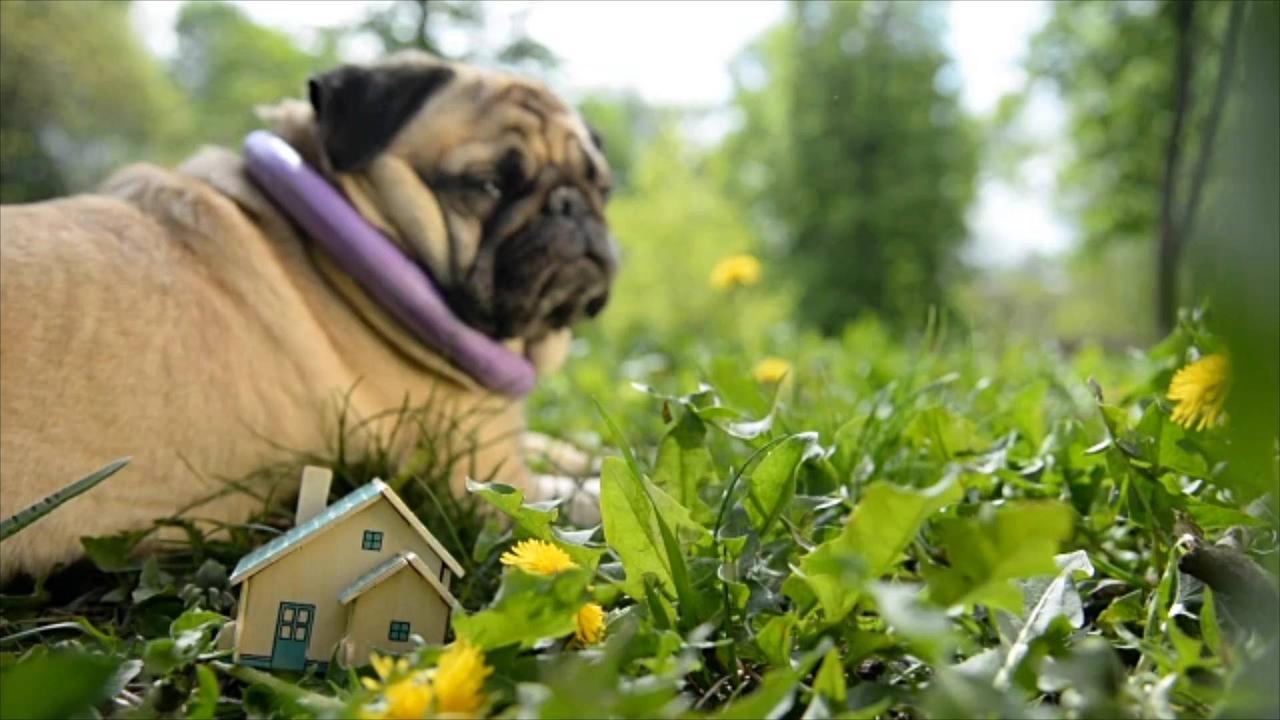
Pet Owners Guide to , Toxic Houseplants.
Fox News recently offered readers a list of plants found both inside and outside the house that are toxic to pets.
Lily, These colorful flowers are specifically dangerous for cats, as all parts of the plant can cause severe kidney damage.
Sago palm, This popular house plant, particularly the seeds, can potentially cause vomiting, extreme thirst, bruising, liver damage, liver failure and even death.
Tulip, The bulbs of these popular flowers are particularly dangerous for pets.
.
According to the ASPCA, consuming tulips could cause vomiting, depression, diarrhea and hypersalivation.
Azalea, The ASPCA says this popular landscaping choice can cause pets to experience vomiting, diarrhea, weakness and even cardiac failure.
Azalea, The ASPCA says this popular landscaping choice can cause pets to experience vomiting, diarrhea, weakness and even cardiac failure.
Kalanchoe, Ingesting this tropical plant can also cause pets to experience vomiting, diarrhea and an abnormal heart rhythm.
.
Kalanchoe, Ingesting this tropical plant can also cause pets to experience vomiting, diarrhea and an abnormal heart rhythm.
.
Schefflera, This plant causes a number of dangerous symptoms in pets, including oral irritation, excessive drooling and difficulty swallowing.
Schefflera, This plant causes a number of dangerous symptoms in pets, including oral irritation, excessive drooling and difficulty swallowing.
Oleander, These highly toxic flowers can cause abdominal pain, diarrhea, colic, depression and death.
Oleander, These highly toxic flowers can cause abdominal pain, diarrhea, colic, depression and death.
Chrysanthemum, The ASPCA warns that ingesting these flowers can result in vomiting, diarrhea, hypersalivation, loss of coordination and dermatitis.
Chrysanthemum, The ASPCA warns that ingesting these flowers can result in vomiting, diarrhea, hypersalivation, loss of coordination and dermatitis
